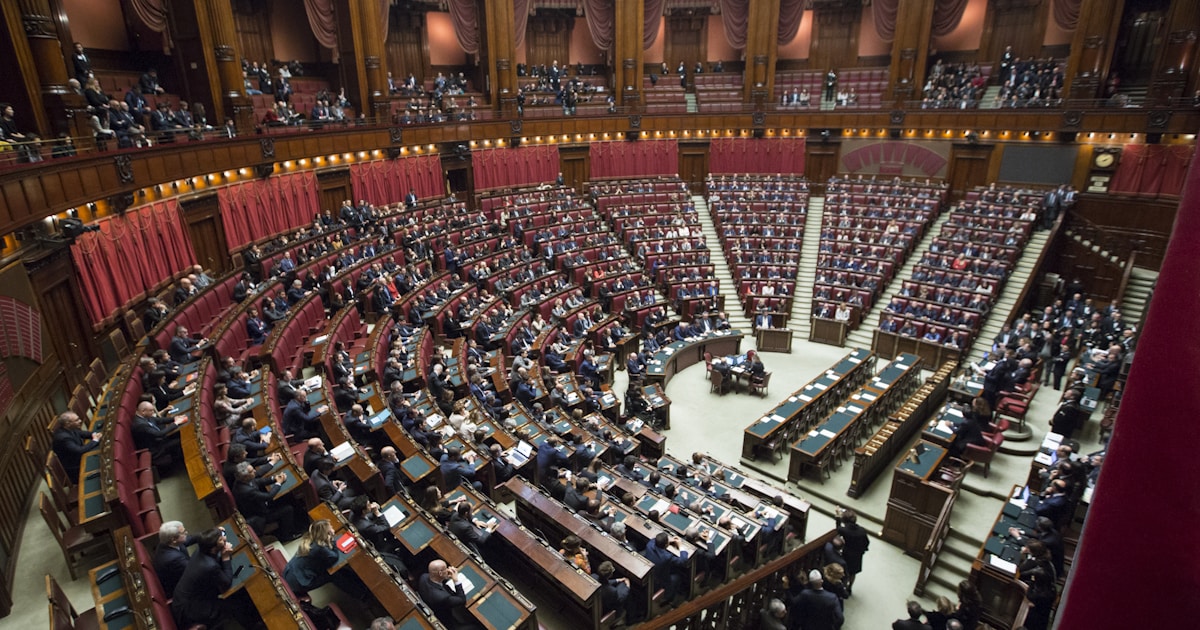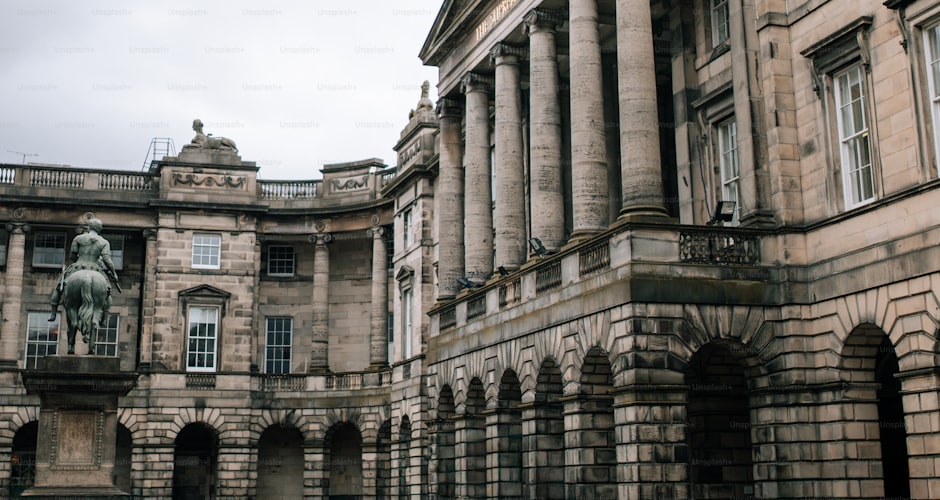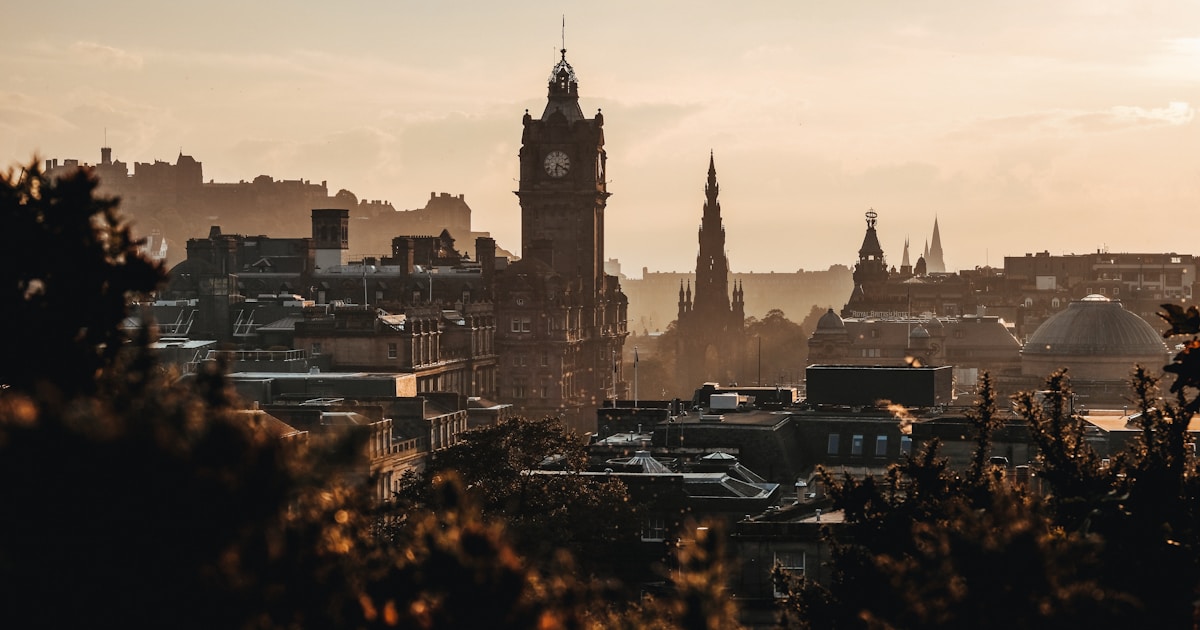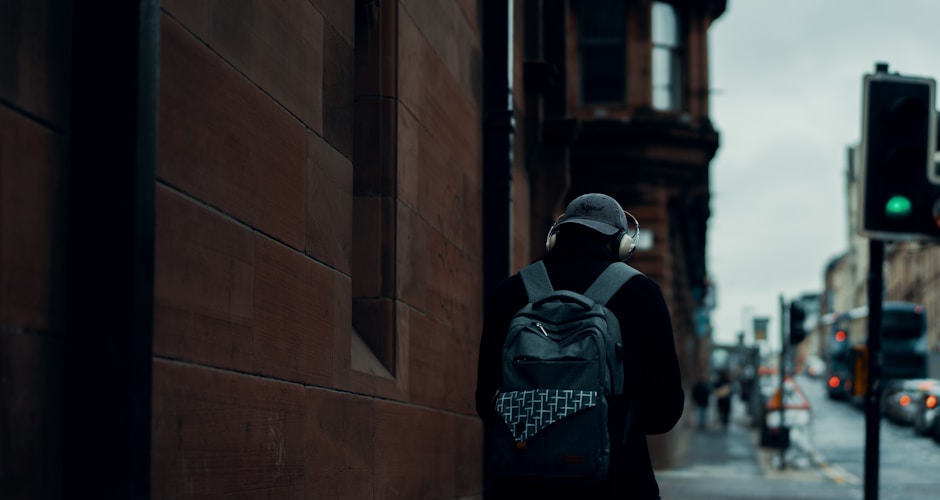Culture
New BBC Scotland drama begins filming in Glasgow's Merchant City: 6-part thriller set in legal world
Top Stories
Culture
Chvrches announce surprise reunion tour after three-year hiatus

Politics
Starmer Faces Difficult Commons Session as Trump Criticism Over Iran Stance Intensifies

Business
Oil Prices Hit Highest Level Since 2024 as Iran Conflict Raises Questions for North Sea Industry
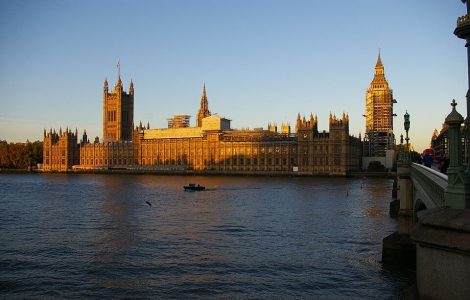
News
Home Office Halts Visa Routes from Four Countries in Asylum Crackdown with Scottish Implications

News
Scottish Travellers Among Those Awaiting UK Government Repatriation Flights from Middle East
More

Politics
Scottish Households Face Potential 500 Pound Energy Bill Rise as Iran Conflict Sends Oil Prices Soaring
UK households could see energy bills rise by up to 500 pounds a year as the conflict in the Middle…
4 Mar 2026 · Duncan Fraser

Glasgow
Suspect Charged Over Death of Man Found on Kirkmuirhill Street
A 40 year old man has been charged in connection with the death of Adam Lawson, 39, who was found…
4 Mar 2026 · Gregor Matheson
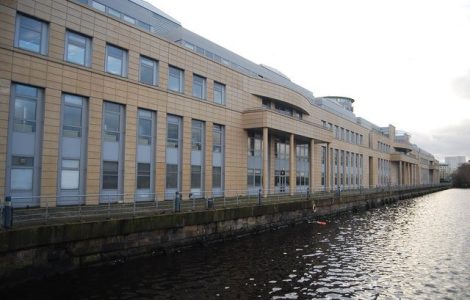
Legal
Former Commando and Accomplice Jailed After Tying Up Co-op Manager and Threatening Him with Power Drill
A former Royal Marines commando and his accomplice have been jailed at the High Court in Stirling after carrying out…
4 Mar 2026 · Catriona Begg

Glasgow
Man Jailed After Stabbing Police Officer During Drugs Raid in East Kilbride
A man who was armed with two knives has been jailed after stabbing a police officer during a drugs raid…
4 Mar 2026 · Catriona Begg
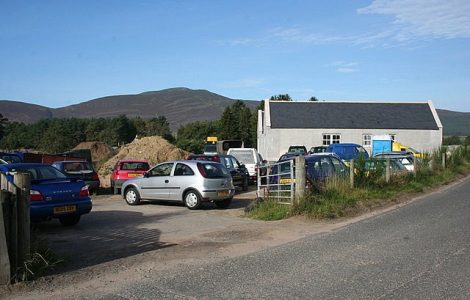
News
East Kilbride Shopping Centre Closes Public Access as Demolition Begins on Major Regeneration Project
The Centre West entrance at East Kilbride Shopping Centre has been closed to the public as demolition work begins on…
4 Mar 2026 · Eilidh Murray

Glasgow
BrewDog Founder James Watt Expresses Heartbreak as Nearly 500 Staff Lose Jobs in Rescue Deal
BrewDog co-founder James Watt has said he is "heartbroken for all of the hard-working and passionate team members who have…
4 Mar 2026 · Duncan Fraser

